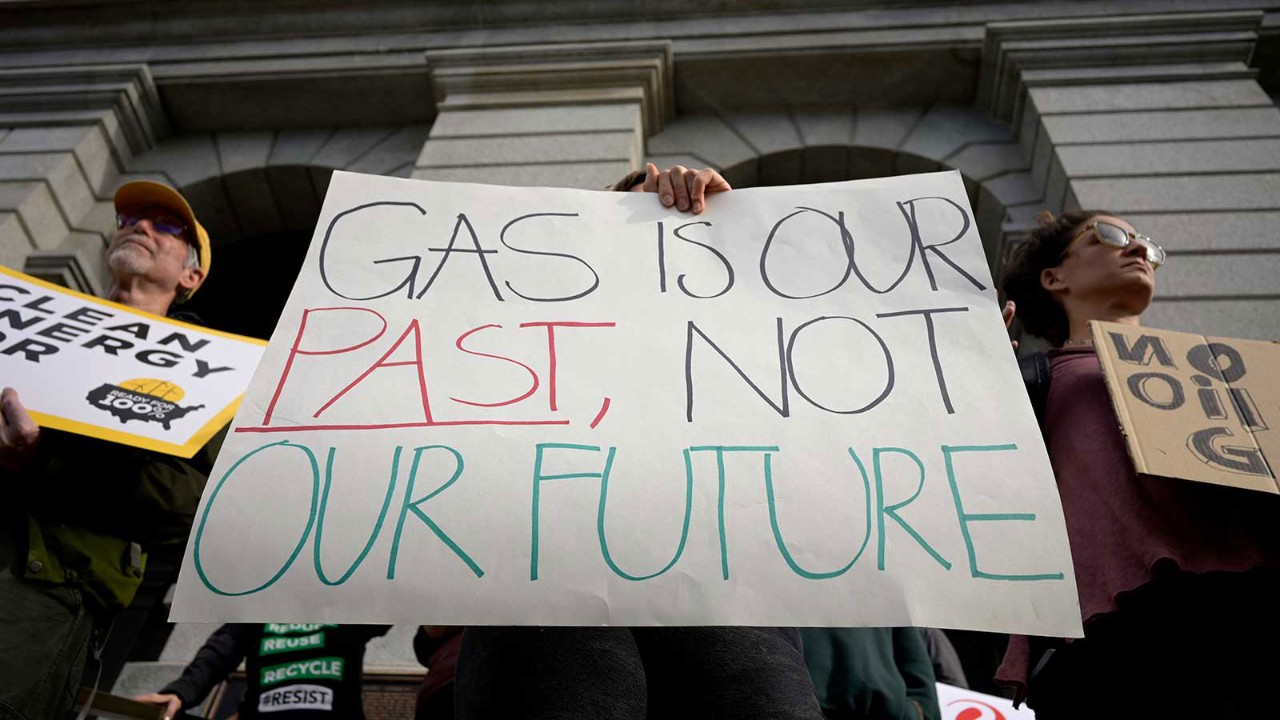
Who would ever have thought that the creation and issuing of sustainability standards could provoke mayhem and chaos? I have sat through the process, thankfully only online, of debating and eventually agreeing sustainability standards.
It is all very necessary but no one would argue that revolutions could ensue and nations could fall. It is a bit like watching paint dry: very soothing and calming, and far from controversy, still less from any furious interventions.
But in late February the IFRS Sustainability Symposium took place in New York. This was a time when everyone from regulators to policymakers, from investors to corporates and their advisers, could, as the brochure said, go through the process of ‘learning from others’ experience, gaining practical takeaways and gathering insight into the future landscape of sustainability-related financial disclosures’.
The idea that the bank invested in fossil fuels was enough to bring proceedings to a halt
Nothing there to frighten the horses. It is the sort of thing that the IFRS Foundation has been doing for years. It is all about making and keeping the world of business a better and well-informed place.
Stage invasion
And, as you might expect, Bank of America was one of the sponsors – of the ‘coffee station’. Pretty innocuous, you would have thought. And Brian Moynihan, its chair and CEO, told the world that the International Sustainability Standards Board was doing a pretty good job and deserved the bank’s support.
The global reporting standard ‘that is being accepted or considered in jurisdictions around the world’, he said, was a good thing. ‘This will allow for transparency and comparability for issuers and investors wherever we operate, which is just what we’ve been seeking for sustainability-related disclosure.’
Investing in companies that take climate change seriously has a number of American citizens in a lather
But barely had the organisers played these pre-recorded words from our man from Bank of America when the stage was invaded by a dozen climate change protestors. Never mind that the whole conference was predicated on pushing back the effects of climate change by reporting its effects sensibly and clearly and so allowing investors, businesses and the wider community to clearly understand its effects. The idea that the bank invested in fossil fuels was enough to bring proceedings to a halt.
Attack on ‘woke’
This was an example of the first of the two pinch-points that, bizarrely, are shaking the world of corporate reporting and corporate governance, and leading to less of it, to the detriment of understanding generally.
The other pinch point is the simple one of environmental, social and governance, known as ESG: the reporting of the impact of a business on society, the environment and its accountability generally. This, in case you hadn’t thought so, is, apparently, ‘woke’. This means that a large chunk of US society spends its time yelling at investment companies, and in particular the largest, BlackRock, if they dare to mention the idea of investing in companies that take climate change seriously.
‘Climate investing is booming at BlackRock. Just don’t call it ESG’
This has a huge number of American citizens in a lather over ‘woke’ corporate behaviour. The same sort of strata of US society who think that having to wear a seat belt by law is woke and taking away one’s freedoms are giving the Securities and Exchange Commission (SEC), the main US securities regulator, a hard time. The Republican party and the legal profession have pitched in, and the SEC has started watering down its rules.
It is the same old argument that meant that the rules on accounting standards in force around the rest of the world finished up not applying in full in the US two decades ago. In its latest climb down the SEC has watered down the largest of its proposed rules on emissions disclosures. Highlighting the bizarre effects of this decision, the same rules will shortly come into force across Europe and, quirkily, California.
Meanwhile, BlackRock has simply side-stepped, it hopes, the issue. As one recent headline put it: ‘Step aside ESG, BlackRock is doing “Transition Investing Now”,’ or as another succinctly put it: ‘Climate investing is booming at BlackRock. Just don’t call it ESG.’
Whoever could have thought that common-sense financial and corporate reporting, an amiable and inoffensive part of business life, would provoke political uproar? We live in strange times.




